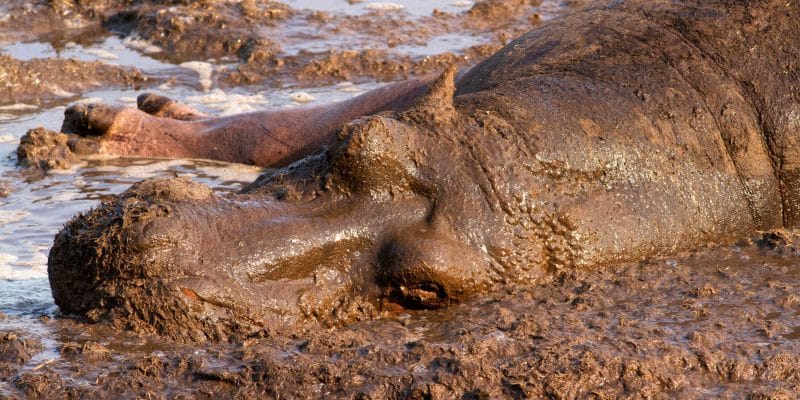Africa has lost nearly 70% of its wildlife populations in about 50 years. This is one of the findings of the Living Planet Index, a reference tool published every two years by the World Wildlife Fund (WWF). The edition published on 13 October 2022 points to the growing link between biodiversity loss and global warming.
In Africa, the World Wildlife Fund’s Living Planet Index estimates the loss of wildlife at an average of 66% between 1970 and 2018. “One glaring example is Kahuzi Biega National Park in the Democratic Republic of Congo (DRC), where the number of eastern lowland gorillas has declined by 80%, primarily through hunting,” says Alice Ruhweza, WWF’s Africa director.
The report, presented on 13 October 2022 at an international online press conference, states that the decline in wildlife is due to climate change, which comes third after the destruction of natural habitats and poaching. “Although it is the third factor, the role of climate change is increasing very fast,” warned Marco Lambertini, director general of WWF. He points to air, water and soil pollution, as well as the spread of invasive species by humans.
Intensifying conservation effortsOn a global scale, the report puts the level of wildlife loss over the last 50 years at 70%. To reverse the loss of biodiversity and mitigate climate change, the report calls for intensified conservation and restoration efforts, more sustainable food production and consumption and rapid decarbonisation of all economic sectors.
Read also-ZIMBABWE: Faced with drought, 2,500 animals transferred from the south to the north
Published every two years, the Living Planet Index is WWF’s benchmark wildlife assessment tool. It comes just a few weeks before the fifteenth United Nations Conference on Biodiversity (COP15) scheduled for December 2022 in Montreal, Canada. For WWF, governments must seize this final opportunity to adopt an ambitious global agreement capable of saving wildlife. An agreement similar to the one reached in Paris, France, in 2015 on climate change.
Boris Ngounou







